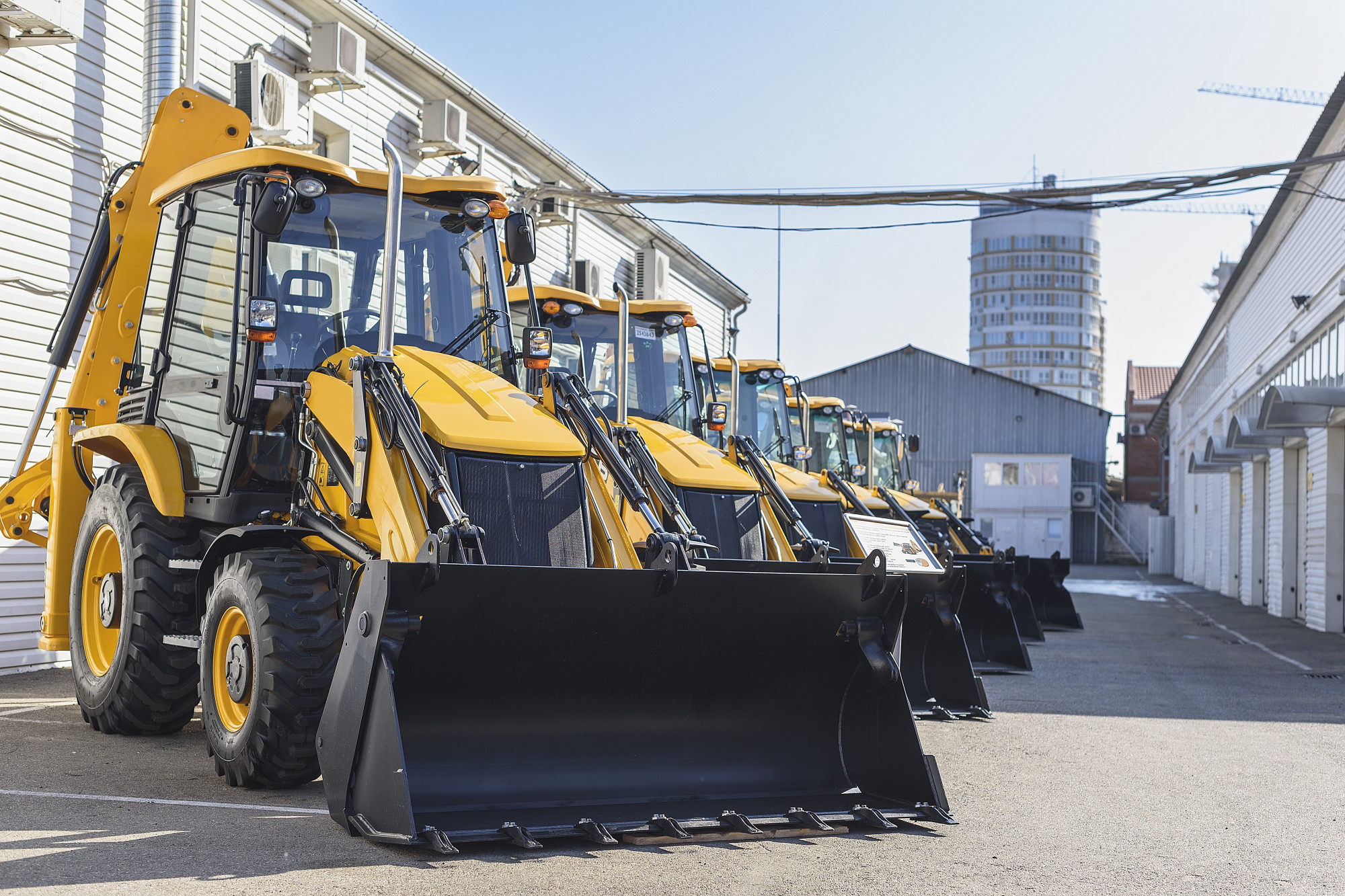Do you have a strict budget for your next construction project? Save up to 50% when you purchase heavy equipment by buying used! Buying used allows you to get the quality heavy equipment you need for a better price.
But it’s not all about being cost-effective. Buying used gives you excellent resale value, consistent operations, and limited depreciation. It’s a win from every angle.
The first step is knowing how to buy heavy equipment. You need to find a reliable company, ask the right questions, and know the red flags.
Check out these seven tips for buying used heavy equipment below. It’s your guide to saving money and getting quality machines.
Keep scrolling!
1. Find a Reputable Company
Research to find a company that has experience buying and renting equipment. The company should have high standards for maintaining their machines. Look for companies like Fuelled that work with top brands like Bighorn Energy and Chevron.
They know how to buy and sell equipment and will hook you up!
2. Know the Project Requirements
Make sure what you are in the market for aligns with the construction project. Familiarize yourself with the attachments and capabilities you need your used heavy equipment to have.
Some project areas also have size restrictions for their equipment, so double-check those.
3. Set a Budget
The difference between buying new VS used equipment is the price point. Know the budget for the project and use sites that compare the price of used heavy equipment in your area. These comparisons will help you stay within budget.
They’ll also give you an idea of how to budget for future projects.
4. Ask for Previous Operation Hours
When you find a used machine to buy, ask about the previous operating hours. These hours will give you an idea if the equipment is in good shape or needs extra maintenance.
5. Check Fluids
Look at the equipment transmission, coolant, and engine oil. If the fluids are dirty or low, there’s been little to no upkeep. Check for:
- Water in engine oil
- Cloudy Oil
- Bubbles in the coolant system
- Oil in coolant
A machine with these problems can mean safety hazards during your project.
6. Evaluate Wear and Tear
You expect used heavy equipment to have some wear. But regular upkeep should prevent the wear from becoming damaged. Here are some signs to look out for:
- A faulty engine
- Loose pins in the undercarriage
- Leaks
- Smoking engine
- Old Tires
- Other structural damage
Used equipment won’t be pristine, but make sure using it won’t be a hazard.
7. Test Drive It
Before you purchase heavy equipment, ask if you can take it for a test drive. Driving the machine will give you a better idea of its capabilities. Listen for any unusual grinding sounds. It can mean the equipment has internal problems.
Used Heavy Equipment Will Save You Money
Buying or renting used heavy equipment won’t break the bank. Understand your project’s needs and partner with a reliable business. Ask the right questions and perform evaluations before you buy heavy equipment.
You want to focus less on equipment sales and more on the quality you’re getting.
For more tips, keep tabs on our blog.
